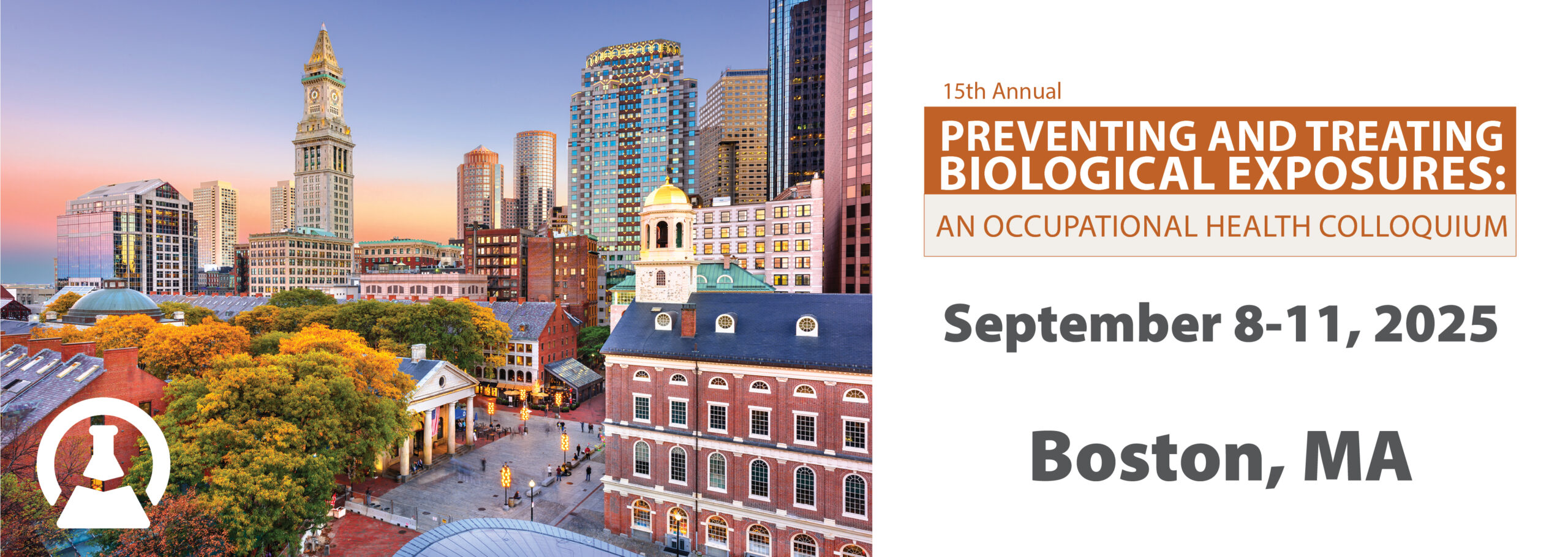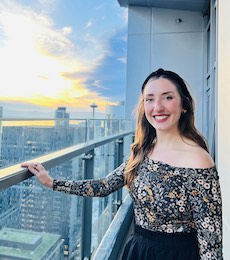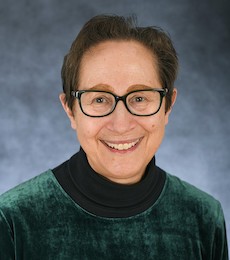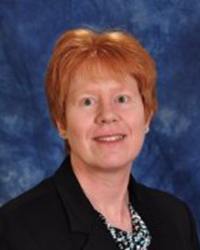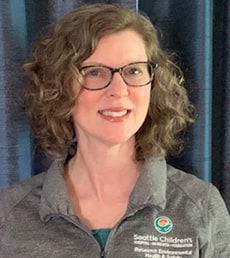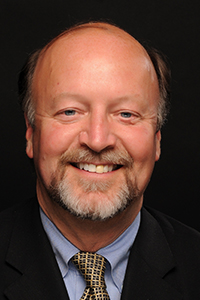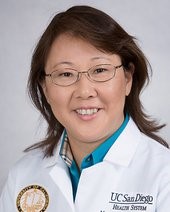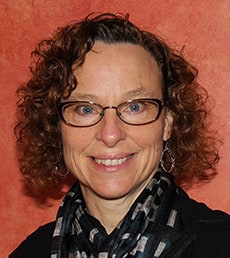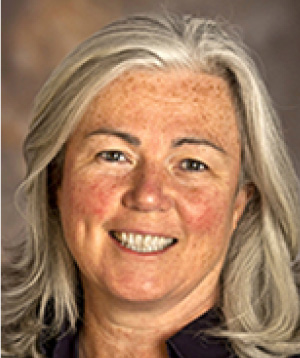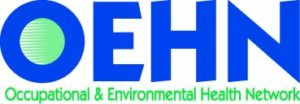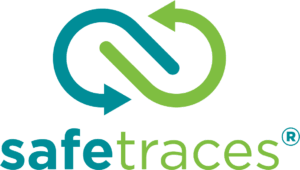PRECONFERENCE COURSES:
Monday, September 8, 2025
8:00 AM – 12:00 PM – Protect Your People and Your Program: Build a Strong Occupational Health Framework
Marcia Isakari, MD, MPH, FACOEM, University of California – San Diego; Michelle Kom Gochnour, MN, RN, COHN-S, Seattle Children’s Research Institute, Gary Fujimoto, MD, Occupational Health Consultant, Gary Fujimoto, MD, Occupational Health Consultant
Whether you’re at a small college, a major research university, a healthcare system, or a corporate research organization, a comprehensive Occupational Health Program is critical to preventing biological exposures, managing risks, and staying compliant with regulatory standards.
Join us for an engaging, expert-led session designed to equip you with the tools and strategies needed to build or enhance your institution’s occupational health infrastructure.
We’ll begin with a deep dive into essential regulations, workplace hazards, and hazard control practices. Then, work through real-world case studies in small group sessions—designed to highlight diverse approaches across different types of institutions.
What sets this course apart?
You’ll be learning directly from faculty who are ACOEM award winners and authors of key ACOEM position statements, bringing nationally recognized expertise and decades of practical experience to the classroom.
Don’t miss this opportunity to strengthen your program and protect what matters most—your people.
1:00 PM – 5:00 PM – Preparing for an AAALAC Site Visit
Debra Hickman, DVM, DACLAM, DACAW, and Jacob Werner, VMD, AAALAC International
During AAALAC site visits of animal facilities and programs, deficiencies are frequently found involving occupational health and safety. Prevent this from happening at your institution! This workshop will present AAALAC International’s expectations for Occupational Health and Safety Programs, and will follow-up with a discussion for implementing these expectations in an animal program. Best practices based on the “Eighth Edition of the Guide for the Care and Use of Laboratory Animals” will be explored.
COLLOQUIUM:
Tuesday, September 9, 2025
8:30 AM – Welcome
Session 1: Respiratory Diseases
Facilitator: Nahid Bhadelia, MD, MALD, Boston University School of Medicine
8:45 AM – New Interfaces in Influenza Transmission and Implications for Emerging Virus in the Field and in the Lab
Jonathan Runstadler, DVM, PhD, Tufts University Cummings School of Veterinary Medicine, Michael Jordan, MD, MPH, Tufts Medical Center
Highly pathogenic avian influenza has emerged as one of the most impactful global panzootic diseases in history with new lineages of the virus spreading globally and infecting an unprecedented number of species. This has included spillover into domestic animals and humans with implications for the emergence of continuing animal and human pandemic disease. In this presentation, we explore the new interfaces that have emerged for viral spillover, including research in wildlife hosts, and the implications of evolving endemic circulation for potential novel exposure in nature and in the laboratory.
10:45 AM – Break
11:00 AM – Discussion: H5N1 and Other Respiratory Diseases
Panel: Nahid Bhadelia, MD, MALD, Boston University School of Medicine, Jonathan Runstadler, DVM, PhD, Tufts University Cummings School of Veterinary Medicine, Michael Jordan, MD, MPH, Tufts Medical Center
11:45 AM – IBC/IACUC Case Studies
Facilitators: Gary Fujimoto, MD, Occupational Health Consultant, Betsy Gilman Duane, MS, RBP, CBSP, Biosafety Consultant
12:30 PM – Lunch
1:30 PM – IBC/IACUC Case Studies (continued)
Session 2: Lentiviral and Retroviral Vectors
2:00 PM – Managing Lentiviral and Retroviral Exposures and What Post-Exposure Prophylaxis Should and Should Not Be Used
Gary Fujimoto, MD, Occupational Health Consultant
This presentation will review why timely post-exposure prophylaxis is important. It will also designate what appropriate treatment for occupational post-exposure prophylaxis is for both lentiviral and retroviral vectors as well as what medications need to be avoided.
3:15 PM – Break
Session 3: Laboratory Animal Allergies
3:30 PM – Laboratory Animal Allergies Best Practices
Speaker: Gregg M. Stave, MD, JD, MPH, Occupational Medicine Specialist
Panel: Michelle Kom Gochnour, MN, RN, COHN-S, Seattle Children’s Research Institute; Katie Ayres, BSN, RN, COHN-S, Seattle Children’s Research Institute; Maureen Thompson, BSN, RN, COHN-S, RBP, Biosafety Consultant; Amy Behrman, MD, FACP, FACOEM, University of Pennsylvania, T. Warner Hudson, MD FACOEM, FAAFP, University of California – Irvine, Marcia Isakari, MD, MPH, FACOEM, University of California – San Diego
Join us for a presentation and roundtable discussion with the authors of the recently published ACOEM guidance on Laboratory Animal Allergy (LAA). Learn how a leadership team, a performance-based approach to medical surveillance, workplace controls, and self-audits can enhance worker safety. With LAA affecting 10- 20% or more of laboratory animal workers, proactive prevention is key. Engage with experts, share experiences, and strengthen your organization’s LAA strategy!
5:00 PM – Conclusion
Wednesday, September 10, 2025
8:30 AM – Welcome
Session 4: Biomedical Research
Facilitator: Betsy Gilman Duane, MS, RBP, CBSP, Biosafety Consultant
8:40 AM –The Crossroads of Biology and Chemistry in Modern Laboratories *this session is nonaccredited education for ACOEM (AMA PRA Category 1 CreditsTM)
Speakers: Jacqueline Moore, MS, Vertex Pharmaceuticals, Randy Boles, Vertex Pharmaceuticals.
In recent years, there has been an increase in the research, development and commercialization of new therapeutic modalities which offer potential cures for conditions previously considered untreatable. Novel therapeutic modalities include a range of technologies such as cell therapy, gene therapy, oligonucleotides and peptides. How do companies have a full understanding of the work taking place with new modalities to ensure laboratories are designed in accordance with both good chemical hygiene principles and biosafety standards? What training is required to recognize such hazards and appropriate handling methods? We will present options and experiences on these and other related laboratory questions.
10:15 AM – Break
10:45 AM – Hazardous Chemicals & Toxins in Biomedical Research
Thomas H. Winters MD, FACOEM, FACPM, Occupational and Environmental Health Network (OEHN)
Providing research occupational health clinical support not only includes biologic, toxin, and animal care risks, but also chemical exposure risk. Chemical, fiber, nanoparticle, and metal exposures to researchers require a risk assessment, acute exposure evaluation and intervention, provision of antidotes and surveillance program availability if long term exposure risk. Skin, eye, ingestion, and inhalational risks will be discussed and emphasis on engineering controls and PPE.
11:30 AM – The Reproductive Health Consultation: a Risk Management Paradigm
Deborah N. Barbeau, MD, PhD, MSPH, Occupational and Environmental Health Network (OEHN)
This talk will discuss potential reproductive hazards in the work environment, focusing on the biomedical laboratory and healthcare settings. It will also review the legal framework in place for the protection of pregnant workers. Finally, it will outline a risk management approach to workplace assessments and accommodation considerations.
12:00 PM – Lunch
Session 5: Best Practices
Facilitator: Maureen Thompson, BSN, RN, COHN-S, RBP, Biosafety Consultant
1:00 PM – Round Table: Occupational Health Professionals: Best Practices for Engaging with the Research Community
Speaker: Evelyn Wright-Lewis, RN, EMSN, COHN-S, The University of Tennessee Health Science Center
Panel: Gary Fujimoto, MD, Occupational Health Consultant, Maureen Thompson, BSN, RN, COHN-S, RBP, Biosafety Consultant, Michelle Kom Gochnour, MN, RN, COHN-S, Seattle Children’s Research Institute
Collaboration and active involvement of occupational health professionals with the research community is essential. This session will explore practical approaches and how meaningful engagement can create a foundation for trust and shared program success. Consequently, ensuring improved strategies for preventing injuries, illness, and promoting worker well-being.
2:00 PM – Break
Session 6: Travel Medicine
Facilitator: T. Warner Hudson, MD FACOEM, FAAFP, University of California – Irvine
2:15 PM – Personal Story: Managing an Accident in a Remote Location
T. Warner Hudson, MD FACOEM, FAAFP, University of California – Irvine
In April 2024 my dear Pam Hymel, MD and I traveled to the Bandhavgarh India tiger park for a wonderful photo safari. After a week in open jeeps in the severe heat, on night she stood up, dehydrated, fell and hit her head resulting in a bad brain bleed. The harrowing saga of getting her diagnosed, to an excellent hospital and doctor, driving 20 + hours stressed all the supports systems we had in place and is a great example of what preparation is needed and how to navigate the harrowing issues with someone so dear to me. Thankfully she was back to normal a couple months later but what a nightmare. Slides and details will tell the story.
2:45 PM – Travel Medicine Update: Travel Safe, Travel Smart
Laura Kogelman, MD, FIDSA, Tufts Medical Center
Review and update of current travel relevant vaccines, prevention of vector borne illnesses, and blood borne pathogen prevention. Talk will be geared towards both those who provide travel medicine consultations as well as those traveling for work and research.
4:15 PM – Open Discussion: Current Topics of Concern
Discussion Facilitated by Planning Committee
5:00 PM – Conclusion
Thursday, September 11, 2025
Post Conference Tour
9:00 AM – 11:00 AM – National Emerging Infectious Disease Laboratory (NEIDL), Boston University
Separate packets are available at the Registration Desk for the following continuing educational credits:
- “Preventing and Treating Biological Exposures: An Occupational Health Colloquium” (OCEAN ID # 2025-38) has received OCEAN approval for 21.33 contact hours
- Approved AMA PRA Category 1 CreditsTM: up to 19.25
ANCC Accreditation Statement:
This nursing continuing professional development activity was approved by Oregon Nurses Association, an accredited approver by the American Nurses Credentialing Center’s Commission on Accreditation.
Approval valid through 09/08/2027, OCEAN ID #2025-38
ACCME Accreditation Statement
This activity has been planned and implemented in accordance with the accreditation requirements and policies of the Accreditation Council for Continuing Medical Education (ACCME) through the joint providership of the American College of Occupational and Environmental Medicine (ACOEM) and the Eagleson Institute. The ACOEM is accredited by the ACCME to provide continuing medical education for physicians.
AMA Credit Designation Statement
The American College of Occupational and Environmental Medicine designates this live activity for a maximum of 19.25 AMA PRA Category 1 CreditsTM. Physicians should claim only the credit commensurate with the extent of their participation in the activity.
